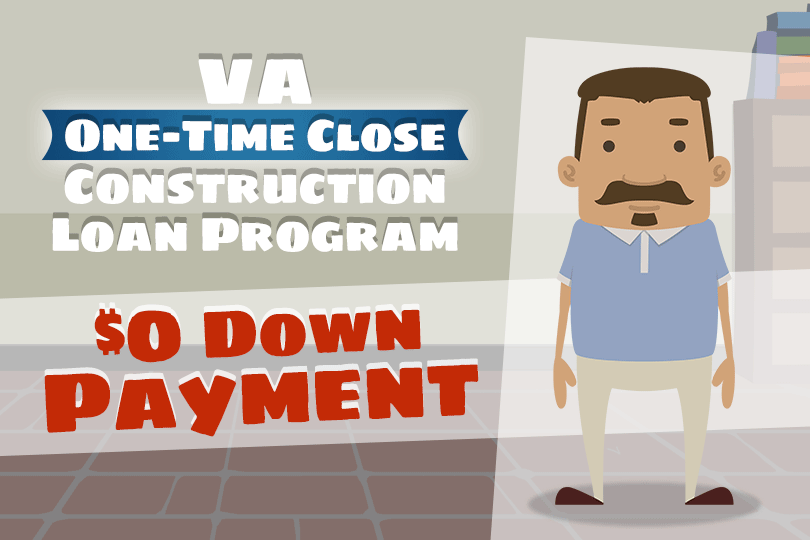How One-Time Construction Loan Funding Works
April 12, 2022
These are important details to know going into the planning stages of your mortgage. Why? Because some borrowers make plans for their loans based on certain assumptions. If you assume the wrong things you could be due for a major rethink of your mortgage.
One such assumption has a lot to do with how loan funds are accessed, disbursed, and used for the mortgage. Some borrowers might think they can do more with home loan funds than the rules permit. What’s the reality?
FHA Home Loan Funds Are Meant for Specific Purposes
When you apply for a construction loan, that application is approved for a specific amount based on the cost of building the home, plus any other permitted items to be added into the loan. For construction loans that means funds are placed in escrow and when a contractor needs to be paid, there is a draw from escrow.
Draws from escrow are not unrestricted--the borrower typically won’t have personal access to these funds.
And borrowers who may want to act as their own contractor should know that participating FHA lenders typically don’t permit this, even though FHA loan rules may allow it. Borrowers simply don’t have access to these loan funds in any way except for their intended purpose, which is to pay third-party contractors for labor, permits, and materials.
What You Cannot Do With Mortgage Money
The borrower cannot use home loan funds for unapproved purposes. That includes situations where the borrower hopes to apply for more loan than is needed for the construction project and take the remainder in cash. But the only money you can be paid at closing time is typically for items paid in cash upfront and later included in the loan amount. A refund would be due in such cases.
Under-Budget One-Time Close Construction Loans
What happens if the construction project comes in under budget? The same rules mentioned above will apply. Borrowers do not get unrestricted cash back.
The type of home loan you can get under the FHA program that features cash at closing time is an FHA Cash-Out Refinance, and borrowers who are aged 62 or older may qualify for an FHA Reverse Mortgage. That type of loan also features cash at closing time in typical cases.
------------------------------
RELATED VIDEOS:
What You Need to Know About the Appraisal Fee
The Appraisal is an Important Requirement
Build Your Dream Home With a One-Time Close Loan

FHA Loan Articles
March 31, 2025Is 2025 the right year for you to consider an FHA streamline refinance? These mortgages are for those who want a lower interest rate, a lower monthly payment, or to move out of an adjustable-rate mortgage and into a fixed-rate loan. We examine some of the critical features of FHA streamline refinances.
March 27, 2025Did you know there are FHA loans that let house hunters buy multi-family properties such as duplexes and triplexes? FHA rules for these transactions is found in HUD 4000.1, including owner-occupancy, require that one unit serve as the borrower’s primary residence. Some house hunters ask why this rule exists. Some believe the rule serves as a lender risk mitigation strategy.
March 25, 2025What does it take to sell a house purchased with an FHA mortgage? Are there special rules, restricrtions, or added considerations? We examine some key questions and their answers to FHA real estate sales issues.
March 24, 2025If you are selling a home, you may need to negotiate with buyers to fund their purchases with an FHA mortgage. What do you, as a seller, need to know about FHA mortgages and how they may differ from conventional loans? We examine some common issues.
March 24, 2025How much do you really know about how FHA home loan interest rates are set and what factors influence them before your lender makes you an offer? We explore some key points about FHA loan rates, FICO scores, and debt ratios.







